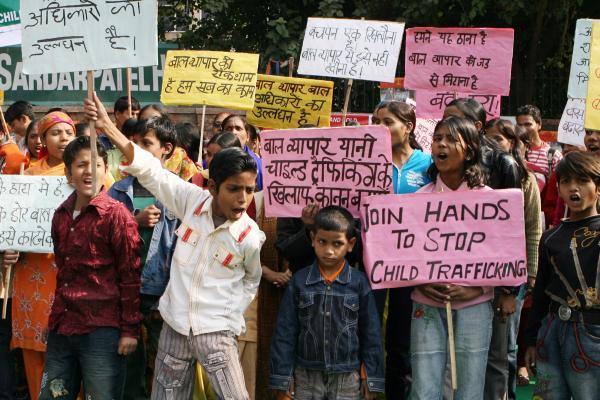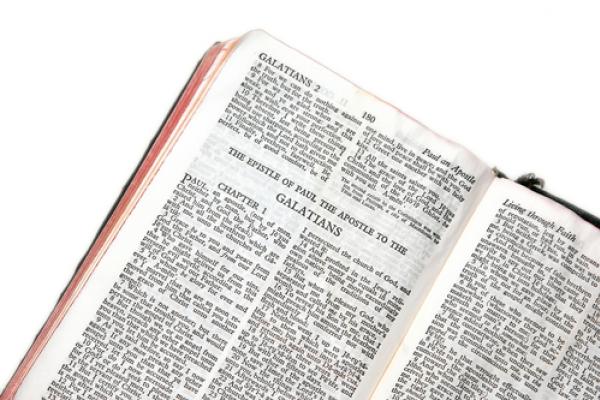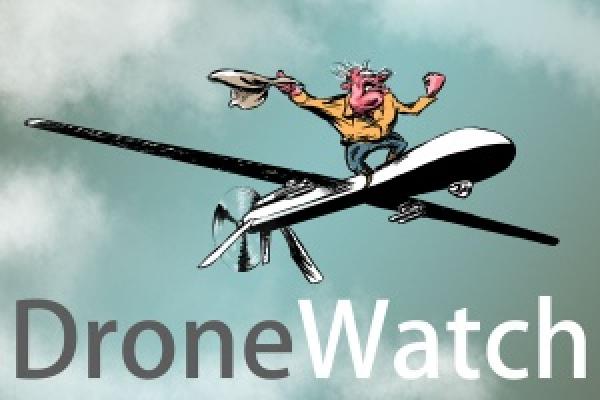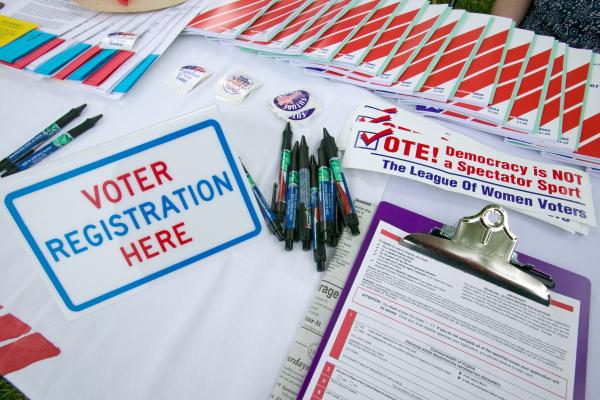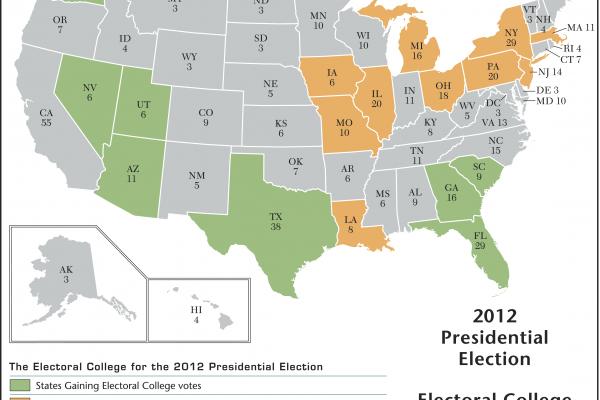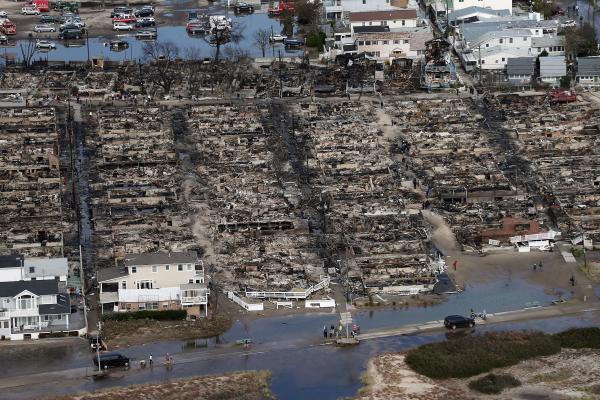The Disease: Modern Day Slavery
Human trafficking is a worldwide enterprise in the 21st century. In the United States, USAID has reported that between 12 and 27 million people are victims of human trafficking worldwide.
Even in our American society, men and women are being sold and traded for labor or sexual purposes every day. According to the Freedom Center, three out of every four victims are female and nearly half of modern-day slaves are children. It is hard to imagine that this problem could go unnoticed for very long. The good news is that on Sept. 25, the president took notice of the disease that affects 17,500 American people each day.
President Barack Obama stated that slavery, “is barbaric and is evil, and it has no place in a civilized world.”
The apostle Paul calls the church in Corinth a body — and that’s political language: “God has arranged the parts in the body, every one of them, just as he wanted them to be … As it is, there are many parts, but one body” (1 Cor. 12:18-20).
As Dale Martin argues in his book The Corinthian Body, Paul gets his language about the social body, the political body, from other Greco-Roman speeches and letters. He uses a style of writing and speaking called a “concord” — homonoia in Greek. Politicians would give speeches or write letters trying to convince the diverse people of the city to unite in a common project, to share the same goals for society, to share a common politics. In these “concord” addresses, politicians would call the society a body, just like Paul does in his letter to the divided church in Corinth. We are one body, politicians would say, so we need to act accordingly. We are one — united, bound together. Of course, politicians only made these speeches when they needed to: that is, when dissatisfied segments of society wanted to revolt (see Martin, Corinthian Body, 38-47).
In an editorial this morning, the Washington Post sums up the legal and political problems with a continuing war based on “kill lists,” then concludes with its recommendations for greater transparency and accountability:
“Drone strikes should be carried out by military forces rather than by the CIA; as with other military activities, they should be publicly disclosed and subject to congressional review. The process and criteria for adding names to kill lists in non-battlefield zones should be disclosed and authorized by Congress — just like the rules for military detention and interrogation. Before operations begin in a country, the administration should, as with other military operations, consult with Congress and, if possible, seek a vote of authorization. It should seek open agreements with host countries and other allies.
“There may be cases where the president must act immediately against an imminent threat to the country, perhaps from an unexpected place. But to institutionalize a secret process of conducting covert drone strikes against militants across the world is contrary to U.S. interests and ultimately unsustainable.”
In four days our nation will decide its course for decades to come. On Nov. 6, ordinary people who have not already sent in their absentee ballots or stood in line to vote early, will walk, drive, caravan, and bus their way to polling stations scattered across every state in the nation. These ordinary people will exercise their right as American citizens to vote. They will also exercise their God-given call, as human beings made in the image of God, to exercise dominion (agency) within our grand democracy. Or at least they will try.
The deep waters of injustice are rising high and threatening to spill over on Nov. 6. Voters will have to wade through muck and mire to cast faith-filled ballots this year. So, listen up, study up, and get your gear on in preparation for Nov. 6.
Freelance Whales’ performance on Wednesday was a bit like my experience with Hurricane Sandy: One minute was jubilation at the prospect of no work for two days, and the next minute was a mellowed out restlessness, presumably from staying inside for too long.
That is definitely not to say that the performance was by any means terrible or disengaging. Rather, it simply means that the group from Queens meandered through most of their current catalogue, which consisted of the poppy, upbeat Weathervanes and the recently released, mellow, ambient Diluvia.
For popular catchy songs like “Generator ^ First Floor,” “Hannah,” or “Ghosting,” the crowd was quick to nod their heads, raise their hands, and sing along.
The United States is the only democratic country in the world where a candidate can be elected as president without earning the highest number of votes.
In the midst of competing campaigns and critical choices leading up to Election Day, one of the most common assumptions is that U.S. citizens directly select their president. However, far too many fail to fully understand that such direct selection is not our reality, for within our complex electoral system – known as the Electoral College – the will of the people does not always translate into final results. During the presidential elections of 1876, 1888, and 2000, the leader in popular votes did not claim victory, and some believe a similar scenario may take place in the near future. And so, when a candidate receives the majority of votes but is not sworn into office, we recognize a gross injustice that requires immediate and significant transformation.
It is not surprising that our purely secular “environmental” movements have played out their ability to change society. For the changes we need to undertake are not only technological and political, but deeper and more difficult. They call on us to shape new institutions and new values.
When God’s Wind shattered Pharaoh’s power at the Red Sea, it was only the beginning of the creation of a new society. It took 40 years of struggle, of transformation and mistake, backsliding and grumbling, to ready a people that could live in a sacred relationship with each other, with the Earth, and with the Breath of Life.
So even if we were to shatter the gross and domineering political and economic power of our modern pharaohs, the giant corporations of Big Oil, Big Coal, Big Unnatural Gas that will not relent from over-burning and overpowering us, we would still need to be growing what religions claim to offer: a new vision of our lives.
